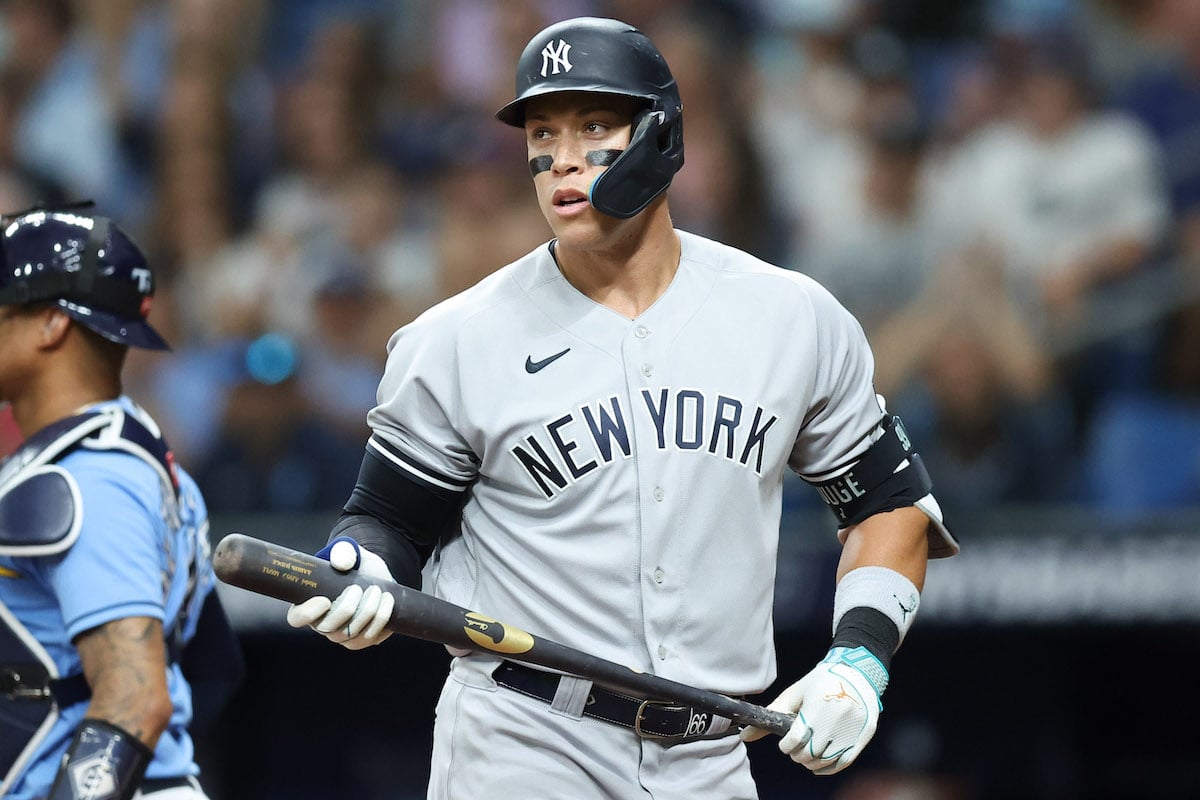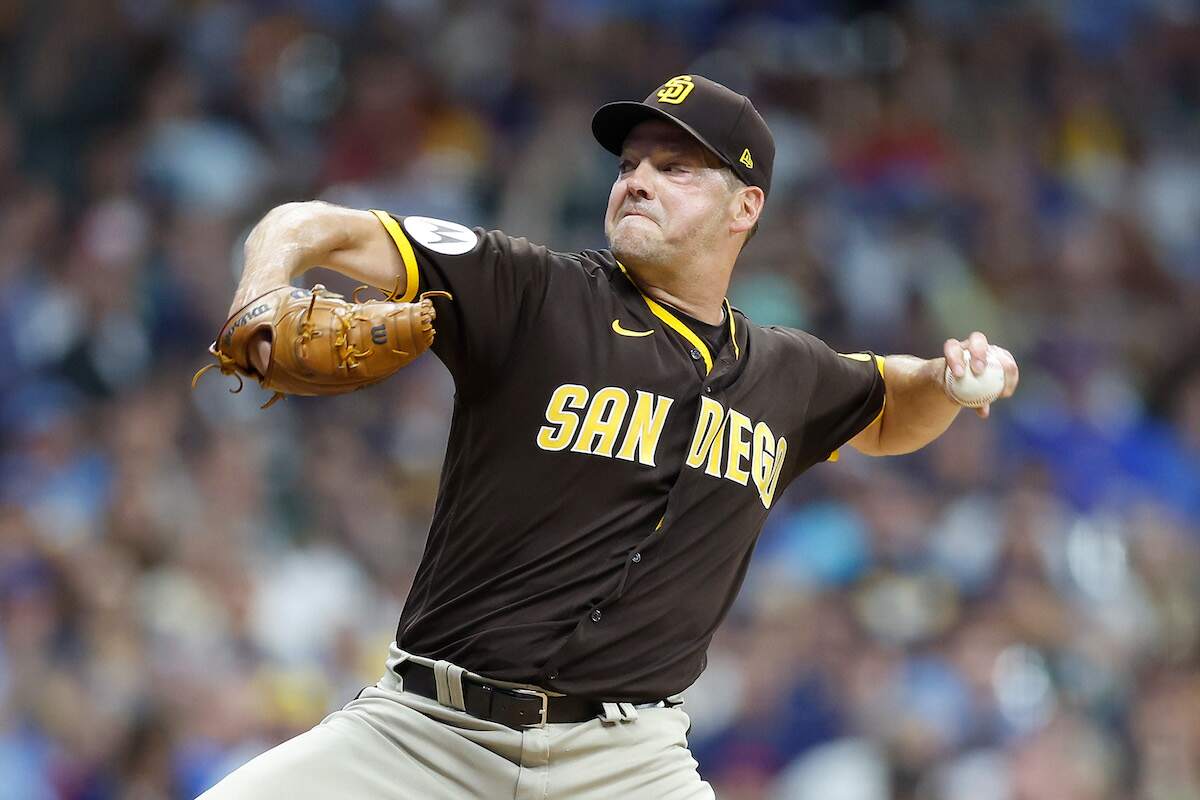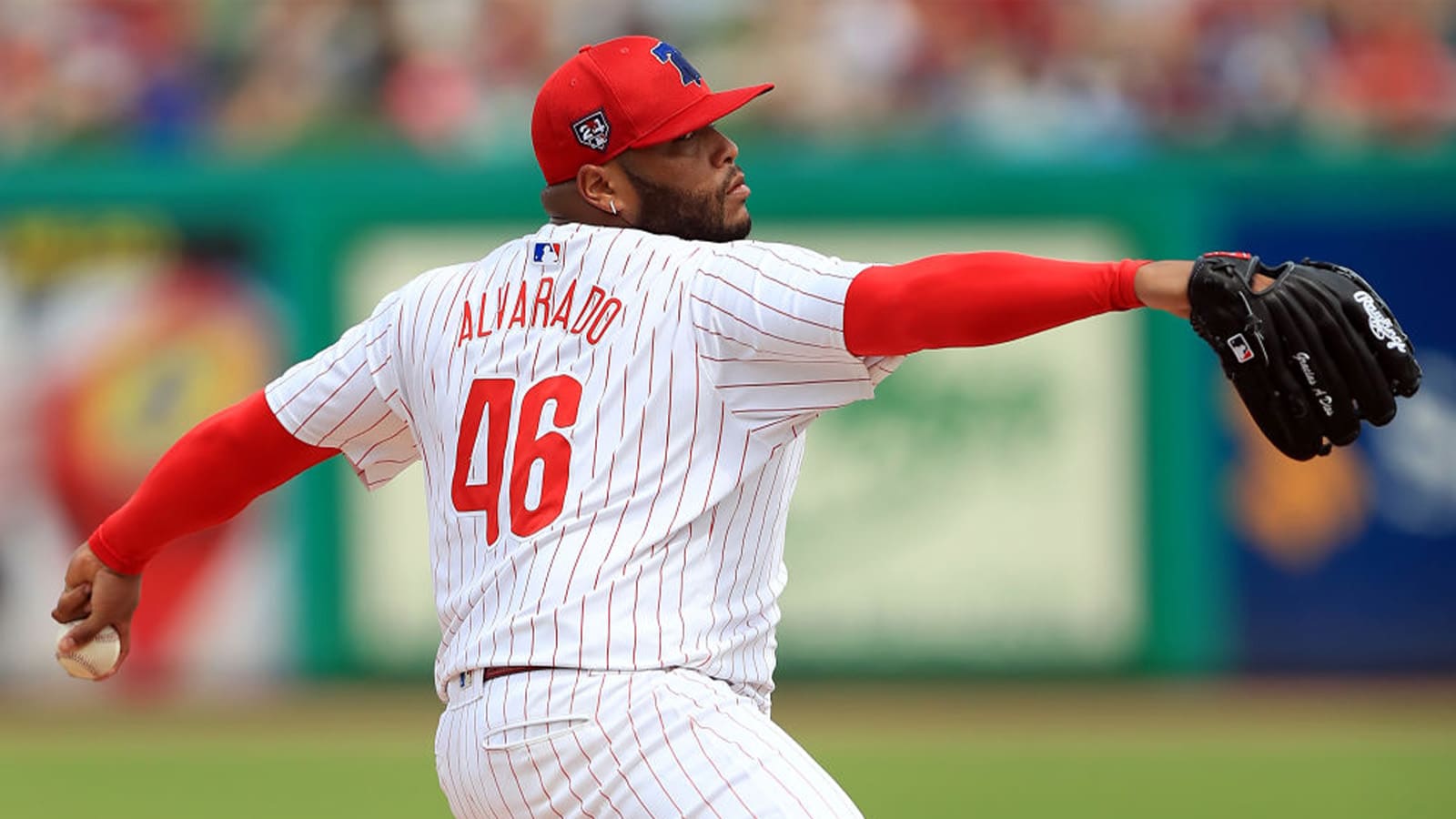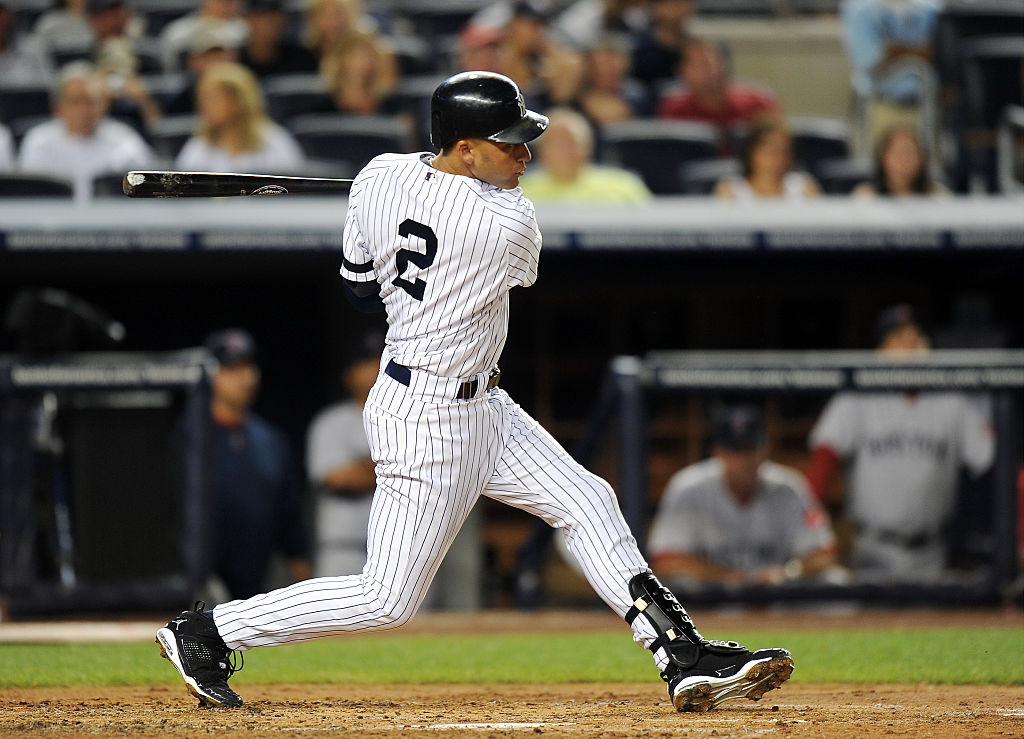
How $300,000 Cost the Houston Astros a Chance at Derek Jeter
Sports is full of what-ifs. Selecting Michael Jordan over Sam Bowie, for example, would have changed the course of NBA history. The New England Patriots might not have turned into a dynasty if Drew Bledsoe didn’t get hurt, forcing Tom Brady into action. But did you know that the Houston Astros could have drafted Derek Jeter?
When the 1993 MLB draft rolled around, the Houston Astros actually held the first overall pick but passed on the shortstop. At the end of the day, $300,000 made all the difference.
Derek Jeter’s road to Major League Baseball
As we now know, Derek Jeter eventually turned into one of baseball’s biggest stars. The start of his career, however, makes it sound like he was destined for greatness.
As a boy, Jeter would visit his grandparents in New Jersey and spent his time watching Yankees games; he even visited the Bronx to see the team in person. He was particularly impressed with Dave Winfield and, at that point, decided to make baseball a career.
While plenty of kids dream of making it to the pros, Jeter had the talent to back it up. His father played college ball, and Derek followed in his footsteps, taking to the diamond. Before long, he was a star athlete at Kalamazoo Central High School.
Jeter batted .557 as a junior and .508 as a senior; he also took home several awards as the nation’s top high school player. Unsprisingly, scouts started taking notice. While the shortstop accepted a scholarship to play college baseball at the University of Michigan.
Why the Houston Astros passed on Derek Jeter
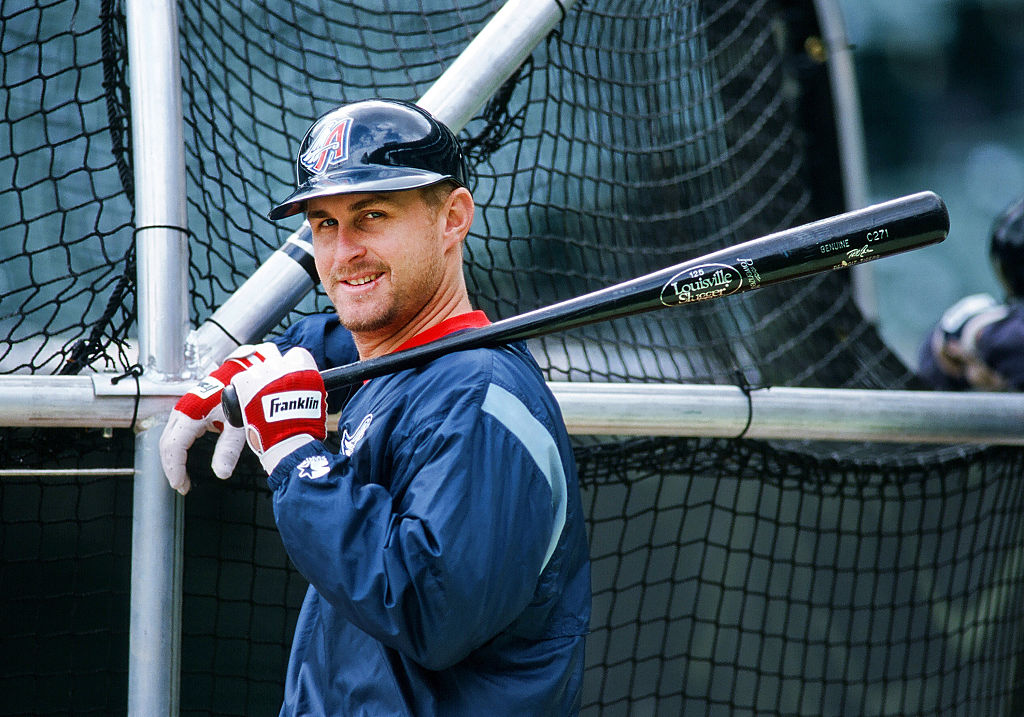
While Derek Jeter accepted a scholarship to attend the University of Michigan, plenty of Major League clubs were still interested in the young shortstop. That included the Houston Astros, who held the first overall pick in the 1993 MLB draft.
Hal Newhouser, who was a Hall of Fame pitcher during his playing career, scouted the shortstop for Houston. He was understandably impressed by what he saw, as chronicled in Buster Olney’s The Last Night of the Yankee Dynasty.
“That kid is something special,” Newhouser raved to his wife, Beryl. “He’s got the softest hands I’ve ever seen.” He talked about Jeter’s family, too, his parents; the kid has a great support system, Newhouser would say.
The Astros front office, however, believed that Jeter would demand a $1 million signing bonus. While Newhouser urged his bosses to open their checkbook, they decided to take the more economical option. Houston ended up selecting Phil Nevin first overall and paid him a $700,000 signing bonus.
From there, the rest is Major League Baseball history
While the Houston Astros potentially saved $300,000 by passing on Derek Jeter, his contract with the New York Yankees added insult to injury. When the shortstop joined the Bronx Bombers, he only received $800,000 as a signing bonus. That sum ended up changing the course of baseball history.
Phil Nevin had all the tools to succeed but never managed to put everything together. He spent 12 years in the big leagues, batting .270 while driving in 743 runs and 208 home runs; between injuries and the occasional attitude problem, he never lived up to the hype.
Jeter, of course, went on to become the face of the New York Yankees and a first-ballot Hall of Famer. If the Houston Astors had been willing to pay a little more money, however, everything could have been different.
